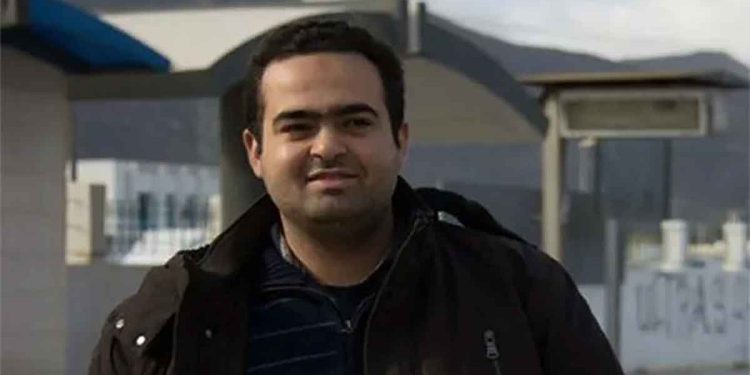Egyptian political activist Mohamed Adel has been refusing prison food for two weeks as a preliminary step towards a full hunger strike. This move highlights ongoing concerns about the treatment of political prisoners in Egypt and Adel’s protest against continued injustices in his detention.
Background and Legal Struggles
Mohamed Adel, a prominent activist and co-founder of the April 6 Youth Movement, has faced significant legal challenges since his arrest in 2018. His lawyer, Nabih Al-Janadi, explained that Adel’s refusal to accept prison food is a protest against the authorities’ decision not to count his pretrial detention period towards his sentence. Adel has been detained since 2018, and he believes this time should be credited against his current imprisonment.
Previously, Adel went on a hunger strike during his detention for another case, protesting poor treatment and the cancellation of visitation rights. His current actions underscore ongoing issues with his treatment in Egyptian prisons, particularly in Mansoura Public Prison.
Health and Detention Conditions
Since May 2022, Adel has been denied appropriate medical care despite suffering from several serious health conditions, including peripheral neuropathy, knee arthritis, and undiagnosed chest pains. The lack of access to specialist doctors has exacerbated his health problems. Authorities at Jamsa Prison, where Adel is currently held, have also deprived him of adequate nutrition, negatively impacting his health. Additionally, Adel has been denied access to books, which violates Egyptian prison regulations.
Recent Conviction and Sentencing
In September 2023, the Agga Misdemeanor Court in Mansoura convicted Adel of spreading false news on social media and sentenced him to four years in prison. This conviction relates to his peaceful exercise of free speech. Despite this sentence, his pretrial detention is linked to separate, similarly fabricated charges, adding to the complexity and perceived injustice of his legal situation.
Historical Context
Born on August 8, 1988, Mohamed Adel has been a significant figure in Egyptian activism. He played a key role in the April 6 Youth Movement, which called for a general strike in Egypt in 2008 and was an outspoken critic of the government during the presidency of Hosni Mubarak. His activism has made him a target for prolonged legal harassment and detention.
Wider Implications and Calls for Action
Adel’s case is not isolated. Thousands of political detainees in Egypt face similar fates, often convicted in unfair trials or held for years without trial on dubious terrorism charges. The conditions in Egyptian prisons are notoriously poor, with reports of widespread human rights abuses.
These political trials and harsh sentences against opposition figures have drawn significant concern from international and independent human rights organisations. These groups are urging the Egyptian government to disclose the fate of the missing, prevent enforced disappearances, ensure justice, and reveal the truth to the victims and their families.
The international community’s intervention is crucial in pressuring the Egyptian authorities to adhere to human rights standards and provide justice for those unjustly detained. Mohamed Adel’s initial refusal of prison food highlights the urgent need for reform and accountability in Egypt’s judicial and penal systems, as he prepares to escalate his protest to a full hunger strike.






























